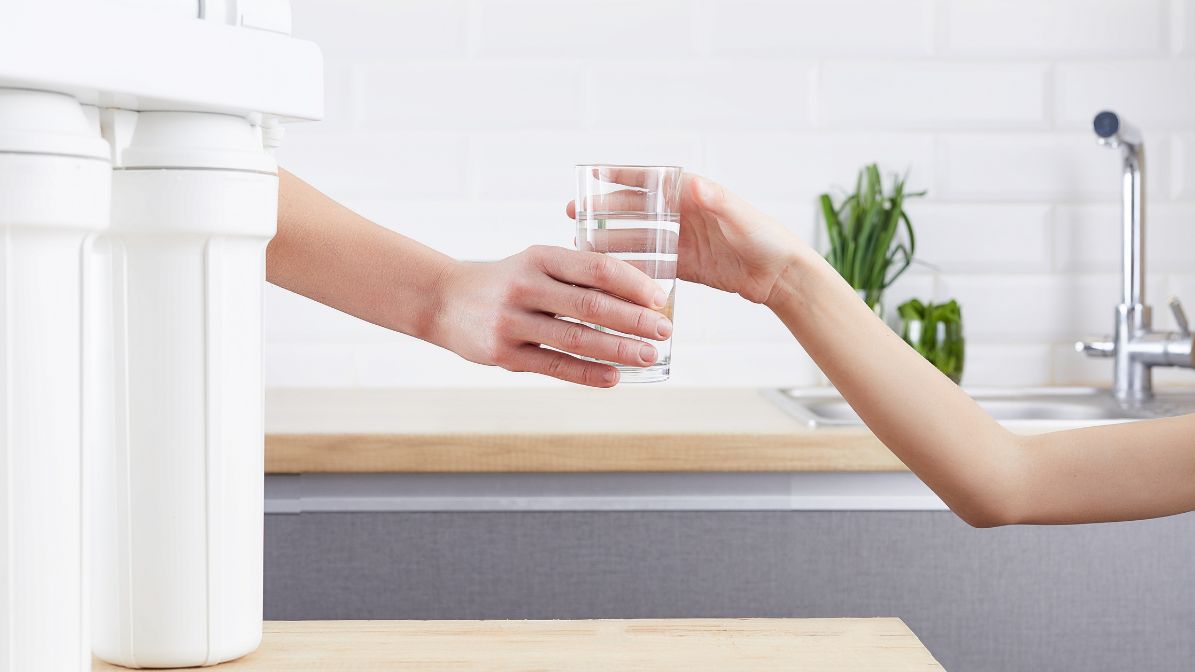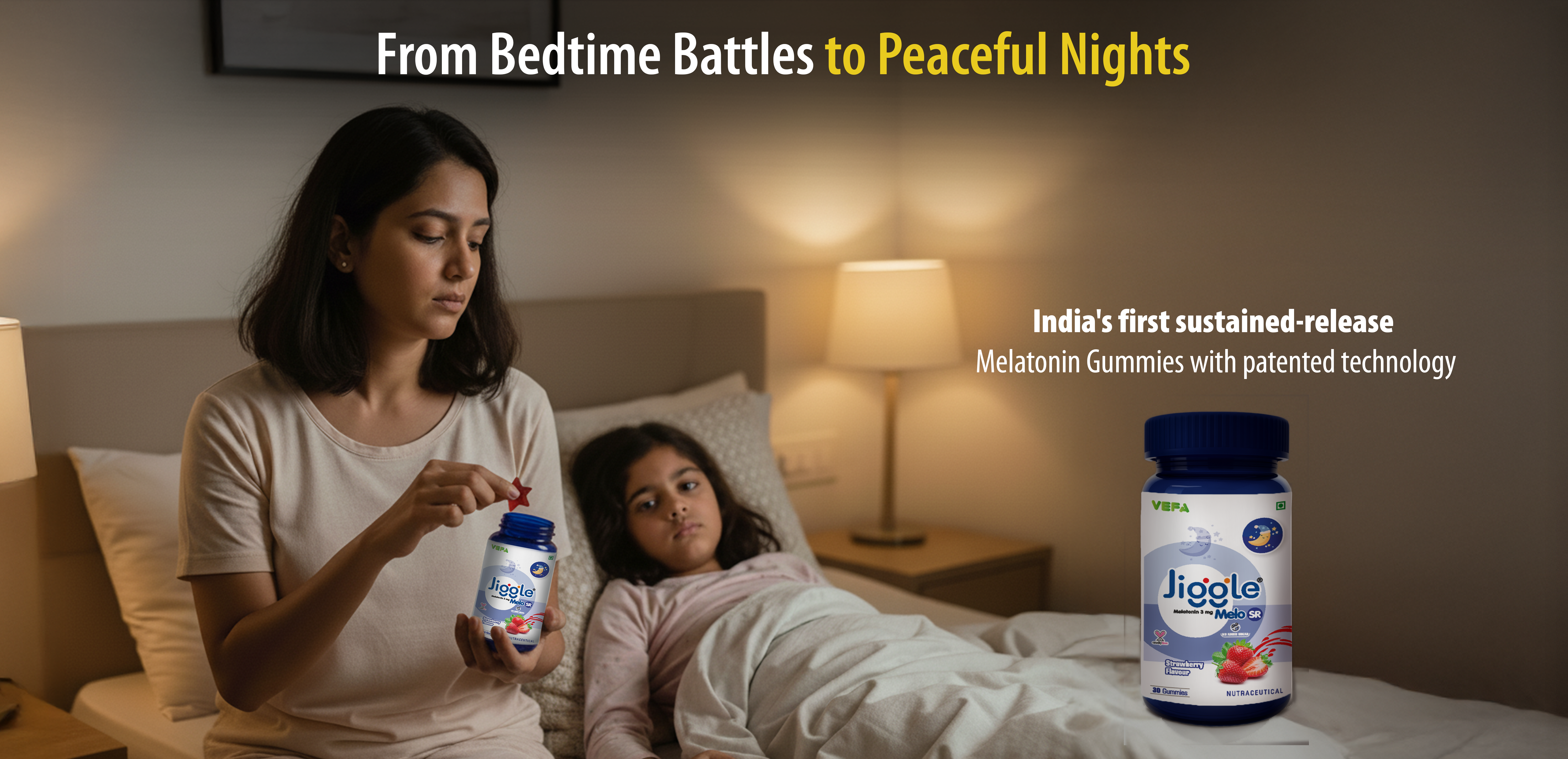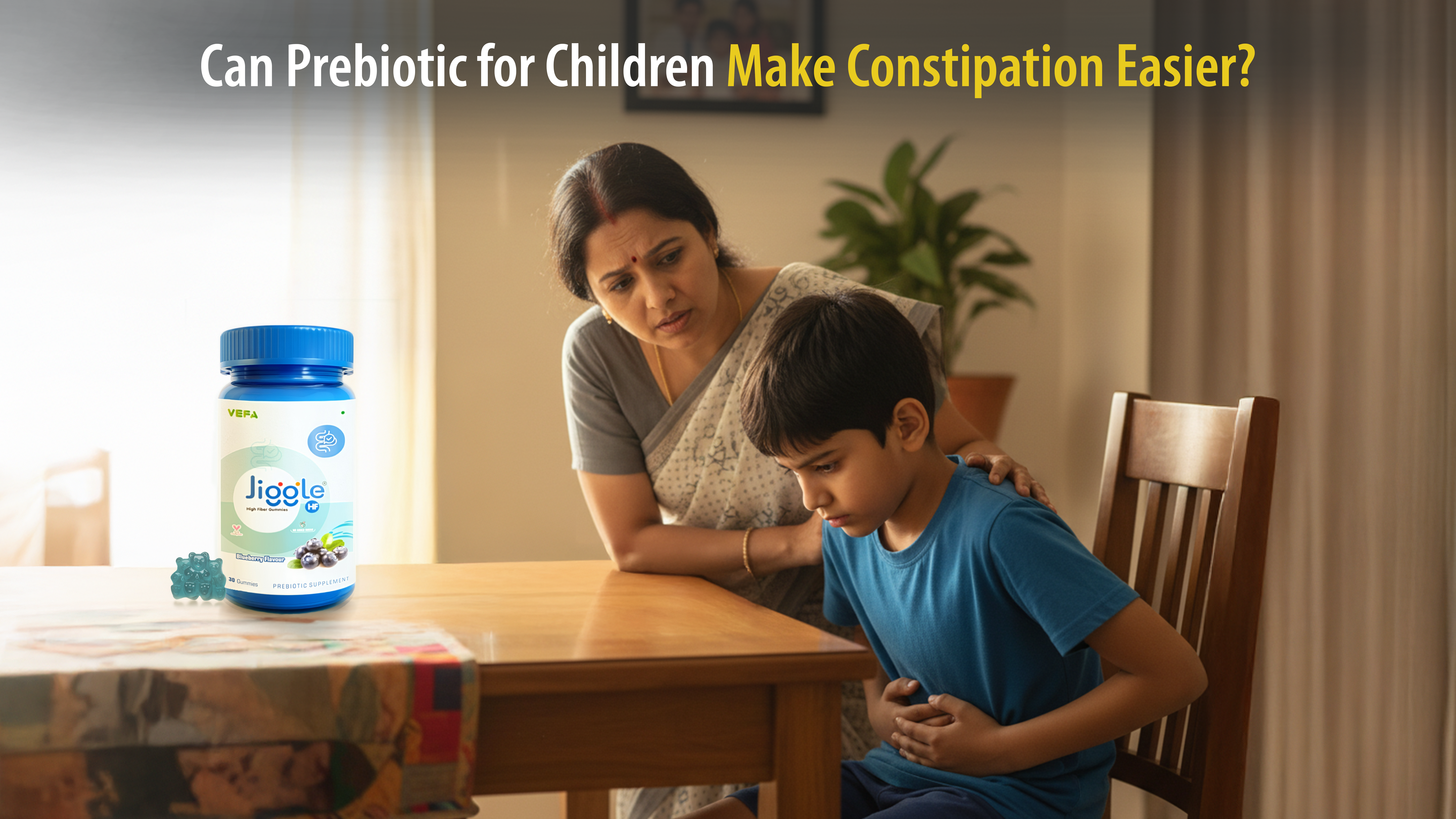
The Vital Importance of Clean Water for Children's Health
Water is not just essential for our survival; it is also essential for the survival of germs and bacteria. As parents, it is crucial to understand the significance of clean water in maintaining our children's health. Children have higher water requirements compared to adults due to their rapid growth and development. Therefore, it is imperative to prioritize the quality and safety of the water they consume.
One of the primary concerns, when it comes to water safety, is the risk of contamination. Contaminated water can be a breeding ground for harmful pathogens and bacteria that can cause severe illnesses, especially in young children with developing immune systems. To minimize this risk, certain precautions should be taken.
First and foremost, it is essential to ensure that children do not consume street food, as it is often prepared with water of questionable quality. Instead, provide them with home-cooked meals prepared with clean and hygienic ingredients.
Boiling water is a highly effective method for purifying water and eliminating most pathogens. It is recommended to use boiled water for drinking purposes, especially for young children. However, it is important to note that even boiled water can become contaminated if not consumed within a certain timeframe. After boiling water, it is best to consume it within 24 hours to minimize the potential for germ regrowth.
Many households rely on reverse osmosis (RO) treated water as a source of drinking water. While RO treatment can remove many contaminants, it is crucial to follow the manufacturer's recommendations for filter replacement and maintenance. Over time, the effectiveness of the RO system may diminish, and the germ count in the water may increase. Regularly replacing the filters and adhering to maintenance guidelines is essential to ensure the continued purification of the water.
For those using borewell water, it is important to ensure that the water source is properly bored according to recommended standards. Improperly bored wells can allow contamination from surrounding sources, leading to enteric infections and potentially life-threatening conditions such as enteroviral encephalitis, especially in young children. Regular maintenance and periodic testing of borewell water can help identify any potential issues and ensure the water remains safe for consumption.
Another critical aspect of water safety is the cleanliness of water reservoirs or storage tanks. It is important to clean and disinfect these reservoirs regularly as per the recommended guidelines. Over time, sediment and biofilm can accumulate in the tanks, providing a favorable environment for the growth of bacteria and other microorganisms. Regular cleaning helps prevent the build-up of contaminants and ensures the water remains clean and safe for consumption.
In conclusion, water is a vital resource that should never be taken for granted, especially when it comes to our children's health. By prioritizing clean water and taking necessary precautions, we can significantly reduce the risk of waterborne illnesses and protect our children from potential health hazards. Whether it is boiling water, maintaining RO systems, ensuring proper borewell construction, or cleaning water reservoirs, each step contributes to providing safe and healthy water for our children. Let us remember that clean water is not only essential for hydration, but it also plays a crucial role in safeguarding our children's overall well-being.








